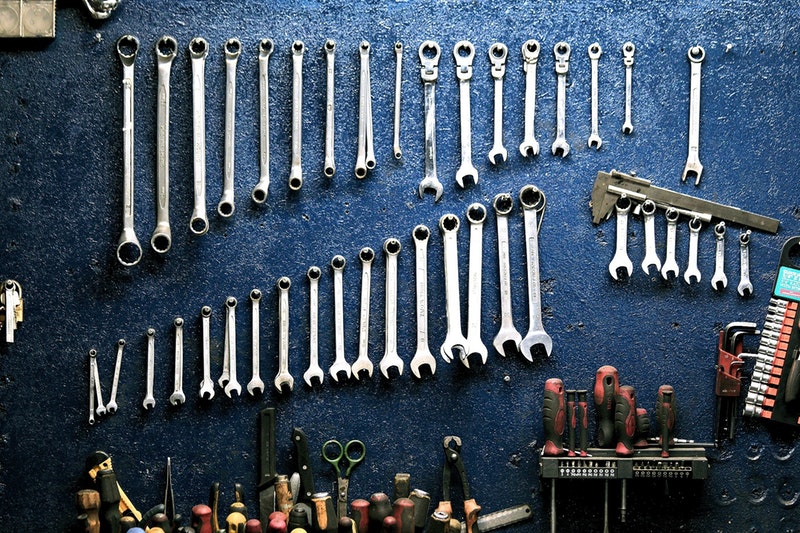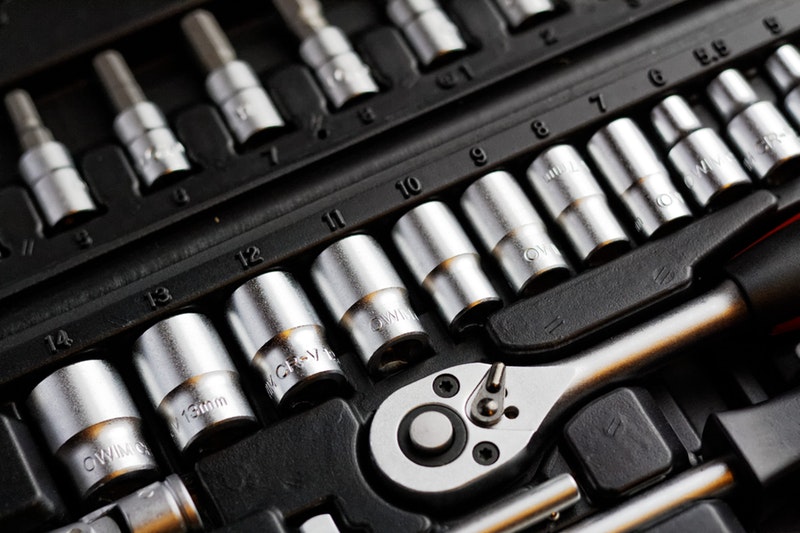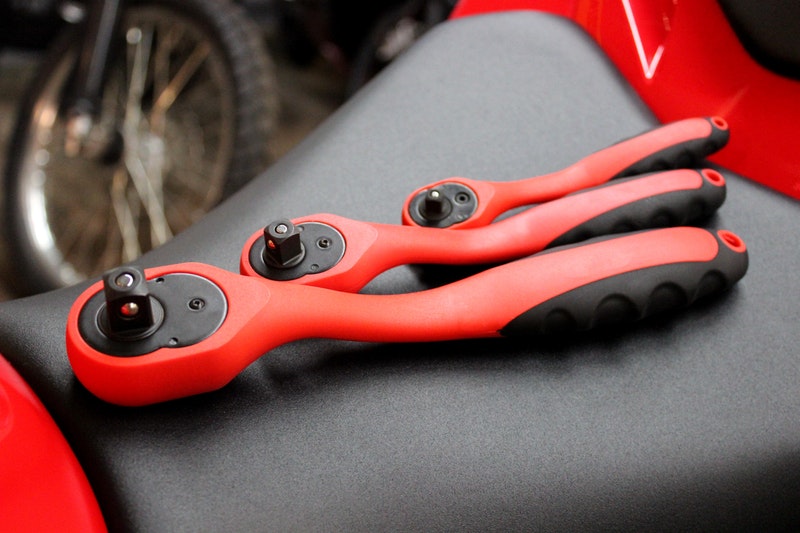
Torque means tightening force, and it has different applications. For example, safety automotive components require the maker’s specific torque requirement for their fasteners. With an incorrect level of torque, they or the mating parts will be damaged. It’s not the only issue to meet with an incorrect amount of torque. Keep reading the following and later learn what kind of torque to buy for the best results.
What Happens with Too Little or Too Much Torque?
While many mechanics are making use of a properly calibrated elbow when tightening things, they should ensure that the fastener’s tightness falls within a narrow range.
Applying too little torque poses the risk to the bolt backing out or shearing off when its joint is loaded, and this might lead to dangerous failure. In addition, it might bring danger to the bolt or nut unscrewing or the O-ring leaking while you’re on the road.
On the other hand, too tight fastener also leads to different problems. For one, the bolted-together sensitive parts might bent, be compressed or damaged. In other cases, the threads might strip or could break, resulting in no clamping force applied.
Based on such potential issues that an incorrect torque amount could bring, it is easy to realize how important it is to use the correct tool for the job is – and it’s a torque wrench.
This tool lets you tighten a bolt or nut with the correct torque amount. It helps in many applications where the nut/bolt has to be tightened to an exact amount of torque.
If they’re not secured correctly, delicate parts may be damaged. So when repairing an automobile, let’s say, you need a torque wrench.
What Torque Wrench Should You Buy For The Job?
Using a torque wrench, you can repair your automobile or tighten cylinder head bolts, main bearing cap bolts as well as connecting rod bolts and crankshaft pulley bolt.
Almost every car fastener has its own assigned torque specification, so you must follow them for a successful assembly.
Broken parts or stripped fasteners occur when there is too much torque applied, while too little-applied torque results in mechanical failures, loose fasteners or a rattling sound. Nevertheless, the assembly will be bad. Also, there’s no common or one size torque wrench for every car’s fastener.
All torque wrenches have maximum and minimum range values. The tool will be less accurate if you’re frequently using the torque’s extremes because it will directly influence the calibration.
Without even saying, using only one torque wrench for every fastener would be bad for the tool, assembly and mechanic. As a tip, you should have at least a torque wrench so that you can tighten a wide range of fasteners to avoid any guesswork. With the correct torque wrench used, you can work more efficiently and with fewer failures.
Low Range
This range applies to light duty task requiring from 15 to 75 foot-pounds of torque. It can cover valve cover bolts, spark plugs and similar fasteners. This low range torque wrench can cover your daily minor maintenance requirements. It can also be ideal for motorcycles.
However, find a torque wrench with range from30 to 150 ft lbs for heavier work. This type is most popular on the market and can be used for fastening lag nuts, caliper bolts and head bolts. It can also let you move from basic to serious repair or upgrade. You should get this torque wrench in your kit.
Middle Range
Critical assemblies require this torque wrench 50 to 250 ft lbs range. It can be used for tightening the bolts of automobiles, such as a hitch trailer truck. This wrench also works for other assemblies, such as suspension and steering, as well as for automobiles, including trailers and trucks.
Upper Range
With torque ranging from 120 to 600 ft. lb, the upper range torque wrench works on tightening driveline parts and bearings. You might also want to consider this in your kit if you’re a truck mechanic or someone working with differentials and transfer casings.
Coming with a very high range, other torque wrenches can apply torque from 200 to 1000 ft-lb. It’s used in serious automotive tightening as well as on camshaft sprockets and harmonic balancers. It is also required for off-road vehicle and racecars.
Bottom Line
What kind of torque wrench should I buy? Ideally, buy at least one torque wrench falling in any of the range categories. Of course, pick torque wrenches you require in many of your daily tasks. Basic ones can cover spark plugs and other small jobs, while those belonging to the upper range class can be used for performance cars and trailer trucks. Without even saying, choose torque wrenches that you actually need. Do not settle for higher torque limit wrenches if you’d only need the lower range torque limit wrenches for your jobs.
Hope you picked something on what torque wrench should you buy for the job. If you liked this article, share it on social media today!


